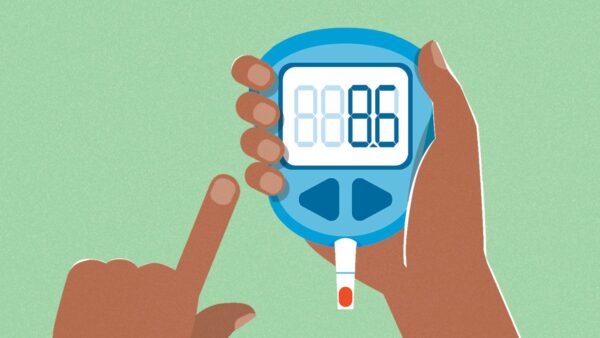wellhealthorganic.com:health-hazards-of-prolonged-sitting: In our modern sedentary lifestyle, sitting has become the norm for many individuals, whether at work, during leisure activities, or while commuting. However, prolonged sitting can have detrimental effects on our health and well-being. This article aims to explore the various health hazards associated with prolonged sitting and shed light on the importance of incorporating movement and activity into our daily routines.
Also Read: wellhealthorganic.com:lemon-juice-know-home-remedies-easily-remove-dark-spots
Increased Risk of Cardiovascular Diseases:

Prolonged sitting has been linked to an increased risk of developing cardiovascular diseases, including heart disease, stroke, and high blood pressure. When we sit for extended periods, our blood circulation slows down, leading to decreased efficiency in the delivery of oxygen and nutrients to our organs. Additionally, sitting for long periods can contribute to the accumulation of plaque in the arteries, increasing the risk of heart-related problems.
Musculoskeletal Issues:

Sitting for prolonged periods can lead to a range of musculoskeletal issues. The static posture adopted while sitting can put excessive strain on the back, neck, and shoulders, leading to chronic pain and discomfort. The lack of movement also weakens the muscles in the lower back and core, which are essential for maintaining proper posture and spinal alignment.
Also Read: wellhealthorganic.com:lemon-juice-know-home-remedies-easily-remove-dark-spots
Obesity and Metabolic Syndrome:
Sedentary behavior, such as prolonged sitting, is a significant contributor to the development of obesity and metabolic syndrome. When we sit for extended periods, our calorie expenditure decreases, and the risk of weight gain increases. Furthermore, sitting for long periods can negatively impact insulin sensitivity, glucose metabolism, and lipid profiles, all of which are associated with metabolic syndrome.
Increased Risk of Type 2 Diabetes:

Prolonged sitting has been linked to an increased risk of developing type 2 diabetes. The lack of physical activity associated with sitting can lead to weight gain and insulin resistance, which are key factors in the development of this chronic condition. Studies have shown that breaking up prolonged sitting time with short bouts of physical activity can significantly improve glucose metabolism and reduce the risk of type 2 diabetes.
Also Read: wellhealthorganic.com:lemon-juice-know-home-remedies-easily-remove-dark-spots
Impact on Mental Health:

The negative effects of prolonged sitting extend beyond the physical realm and can impact mental health as well. Sedentary behavior has been associated with an increased risk of developing depression and anxiety. The lack of physical activity can lead to decreased production of endorphins, serotonin, and dopamine, which are neurotransmitters responsible for mood regulation.
Increased Risk of Certain Cancers:

Prolonged sitting has also been linked to an increased risk of certain types of cancer, particularly colorectal, lung, and endometrial cancers. The underlying mechanisms are still being investigated, but it is believed that the lack of physical activity and increased sedentary time contribute to metabolic dysregulation and chronic inflammation, which can promote cancer development.
Also Read: wellhealthorganic.com:lemon-juice-know-home-remedies-easily-remove-dark-spots
Impact on Circulatory System:

Sitting for long periods can negatively impact the circulatory system, particularly in the lower extremities. Prolonged sitting can lead to the pooling of blood in the legs and feet, increasing the risk of deep vein thrombosis (DVT). DVT occurs when a blood clot forms in a deep vein, typically in the legs, and can be potentially life-threatening if the clot travels to the lungs.
Also Read: wellhealthorganic.com:lemon-juice-know-home-remedies-easily-remove-dark-spots
Conclusion:
The evidence is clear: prolonged sitting poses significant health hazards. To mitigate these risks, it is crucial to incorporate regular movement and physical activity into our daily routines. Simple strategies such as taking standing or walking breaks, using adjustable desks, and engaging in regular exercise can help counteract the detrimental effects of prolonged sitting and improve overall health and well-being. By prioritizing movement, we can reduce the likelihood of developing chronic conditions and enhance our quality of life.





